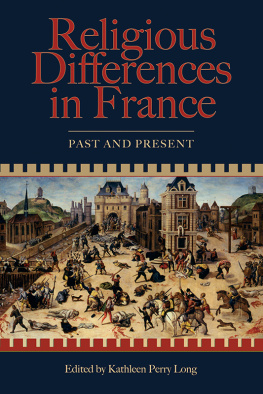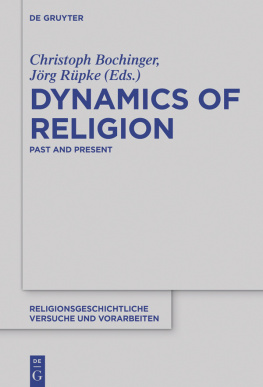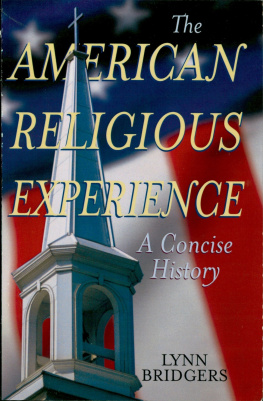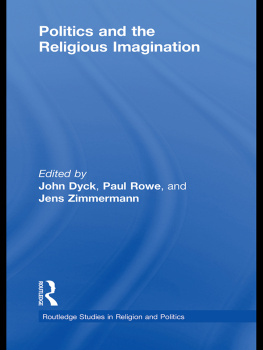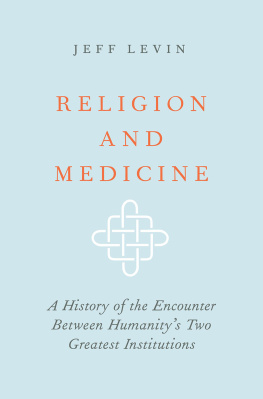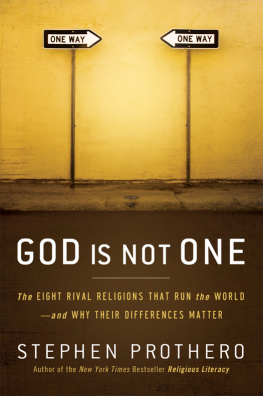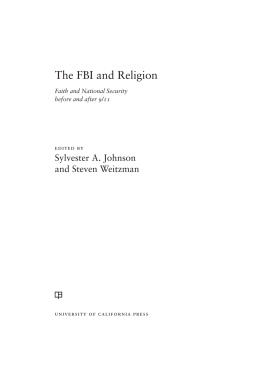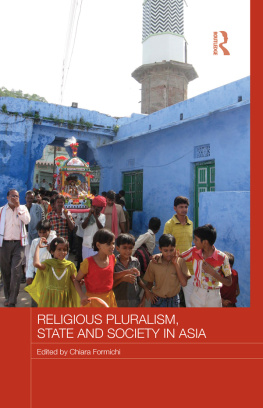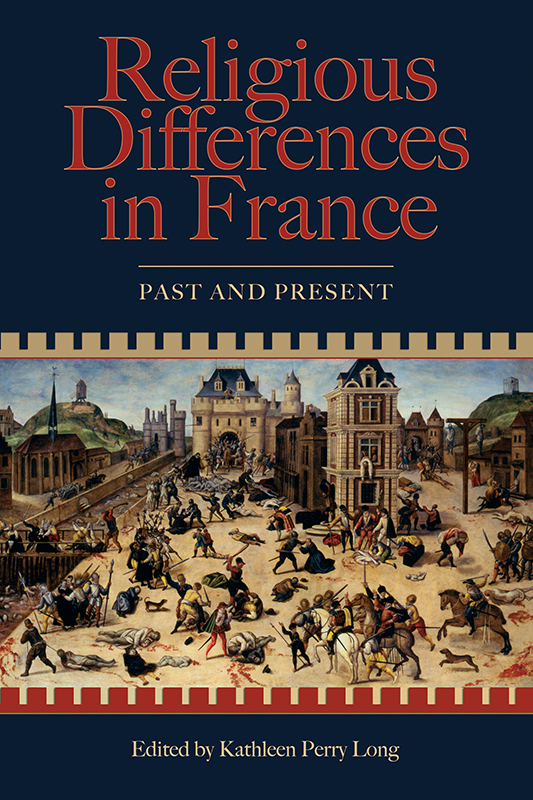Habent sua fata libelli
Sixteenth Century Essays & Studies Series
General Editor
Raymond A. Mentzer
University of Iowa
Editorial Board of Sixteenth Century Essays & Studies
Elaine Beilin
Framingham State College
Miriam U. Chrisman
University of Massachusetts, Emerita
Barbara B. Diefendorf
Boston University
Paula Findlen
Stanford University
Scott H. Hendrix
Princeton Theological Seminary
Jane Campbell Hutchison
University of WisconsinMadison
Ralph Keen
University of Iowa
Robert M. Kingdon
University of Wisconsin, Emeritus
Mary B. McKinley
University of Virginia
Helen Nader
University of Arizona
Charles G. Nauert
University of Missouri, Emeritus
Theodore K. Rabb
Princeton University
Max Reinhart
University of Georgia
Sheryl E. Reiss
Cornell University
John D. Roth
Goshen College
Robert V. Schnucker
Truman State University, Emeritus
Nicholas Terpstra
University of Toronto
Margo Todd
University of Pennsylvania
Merry Wiesner-Hanks
University of WisconsinMilwaukee
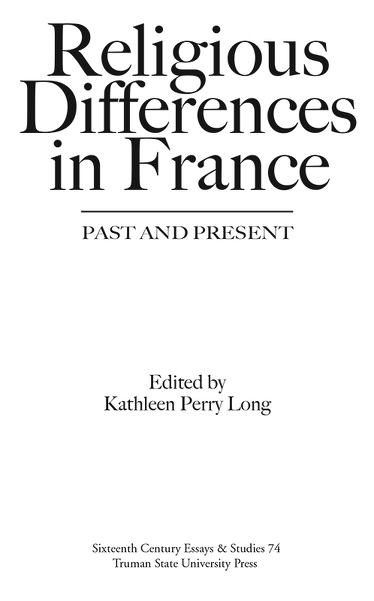
Copyright 2006 by Truman State University Press, Kirksville, Missouri
All rights reserved. Published 2006.
Sixteenth Century Essays & Studies Series
tsup.truman.edu
Cover illustration: Franois Dubois, Massacre of Saint Bartholomews Day, ca. 157284. Oil on wood. Muse cantonal des Beaux-Arts de Lausanne. Photo courtesy of Muse cantonal des Beaux-Arts de Lausanne.
Cover and title page design: Teresa Wheeler
Type: Minion Pro Adobe Systems Inc.
Printed by Thomson-Shore, Dexter, Michigan USA
Library of Congress Cataloging-in-Publication Data
Religious differences in France : past and present / edited by Kathleen Perry Long.
p. cm. (Sixteenth century essays & studies ; v. 74)
Includes bibliographical references and index.
ISBN-13: 978-1-931112-57-4 (alk. paper)
ISBN-10: 1-931112-57-6 (alk. paper)
1. Religious pluralismFranceHistoryCongresses. 2. Religion and stateFranceHistoryCongresses. 3. FranceReligioncongresses. I. Long, Kathleen P., 1957 II. Series.
BL980.F8R38 2006
201'.50944dc22
2006001494
No part of this work may be reproduced or transmitted in any format by any means without written permission from the publisher.
The paper in this publication meets the minimum requirements of the American National Standard for Information SciencesPermanence of Paper for Printed Library Materials, ANSI Z39.48-1992.
Contents
The First Edict of Tolerance
Memory, Identity, and the Edict of Nantes
Protestant Temples and Religious Coexistence in the Seventeenth Century
of the Edict of Nantes (15981685)
of the Churches and the State, 18021905
Salomon Reinach and the Politics of Scholarship in Fin-de-Sicle France
Some Questions About the French Exception
Catalyst of the French Exception
ACPArchives du Carmel de Pontoise
ANArchives Nationales
BNBibliothque Nationale
BPFBibliothque du Protestantisme Franais
BMPBibliothque Municipale de Poitiers
BPRBibliothque de Port Royal
BSHPFBibliothque de la socit de lhistoire du Protestantisme franais
DBFDictionnaire de biographie franaise
HUAHet Utrechts Archief
Mss. Fr.Manuscrits franais
Nouv. Acq.Nouvelles Acquisitions
The colloquium that led to this collection would never have taken place without the support of my colleague Steve Kaplan, who inspired the event and assured that it would happen, and of Nelly Furman, whose hard work helped me obtain funding for the colloquium and whose advice both guided me through the colloquium and helped me improve the presentation of the manuscript. I must also thank the Office of the Provost at Cornell University for its generous support of this event, as well as the Florence Gould Foundation and the Lucius N. Littauer Foundation. Other support came from the Jewish Studies Program at Cornell, the Deans Office, the French Studies Program, the Peace Studies program, Cornell United Religious Work, the Society for the Humanities at Cornell, the Department of Modern Languages, the Religious Studies Program, Near Eastern Studies, the Department of History, the Department of Romance Studies, the Renaissance Colloquium, the Institute for European Studies, the Department of Government, and the Womens Studies Program. I would like to thank my patient contributors to this volume; their advice and understanding helped me see this project through. My thanks go as well to Duane Rudolph, who translated the essays by Denis Crouzet, Christian Jouhaud, and Carmen Bernand. I am grateful to Susette Newberry, and the rest of the staff of the Rare Book and Manuscript Collection at Cornell, for their help in finding illustrations for this volume. I thank Douglas Long, my in-house computer support, my mapmaker, and my most trusted advisor. But most of all, I thank Ray Mentzer, whose advice was crucial to the completion of this project, and the staff at Truman State University Press, who guided me through the process of preparation of this manuscript.
A version of Dale K. Van Kleys essay, Catholic Conciliar Reform in an Age of Anti-Catholic Revolution, appeared in Religion and Politics in Enlightenment Europe, ed. James E. Bradley and Dale K. Van Kley (Notre Dame, IN: Notre Dame University Press, 2001), 46118.
Aron Rodrigues article, Totems, Taboos, and Jews: Salomon Reinach and the Politics of Scholarship in Fin-de-Sicle France, appeared in Jewish Social Studies: History, Culture, and Society n.s. 10 (Winter 2004): 119.
A version of Philip Nords article, Catholic Culture in Interwar France, appeared in French Politics, Culture and Society 21 (Fall 2003):120.
Kathleen Perry Long
In a speech given at Orlans at the 1560 opening of the Estates General of France, Michel de LHospital spoke words that ring ominously for the history of France and of the world:
[W]e cannot deny that religion, good or bad, creates such a passion in man that a greater one cannot exist.
It is folly to hope for peace, repose, and friendship between people who are of different religions. And there is no opinion so deeply held in the heart of men as the opinion of religion, nor one that separates them so much from each other.
We have experienced it today and see that a Frenchman and an Englishman who are of the same religion have more affection and friendship for each other than two citizens of the same city, subject to the same lord, who are of diverse religions. This is the extent to which the unity caused by religion surpasses that caused by country. On the other hand, the division caused by religion is greater and wider than any other. It is what separates the father from the son, the brother from the brother, the husband from his wife. Non veni pacem mittere, sed gladium [I have not come to make peace, but war]. It is what keeps a subject from obeying his king, and what causes rebellions.
This volume explores the history of religion in France from two fundamental perspectives: the assessment and renegotiation of the relationship between [xiv] church(es) and state over the course of the last four hundred years, offering a variety of models for resolving the tensions caused by religious differences; and the elaboration of individual religious identities relative to the state and to religious institutions. These two perspectives allow us to sketch out the personal and institutional accommodations of religious diversity, as well as some of the personal and institutional causes of religious violence.

